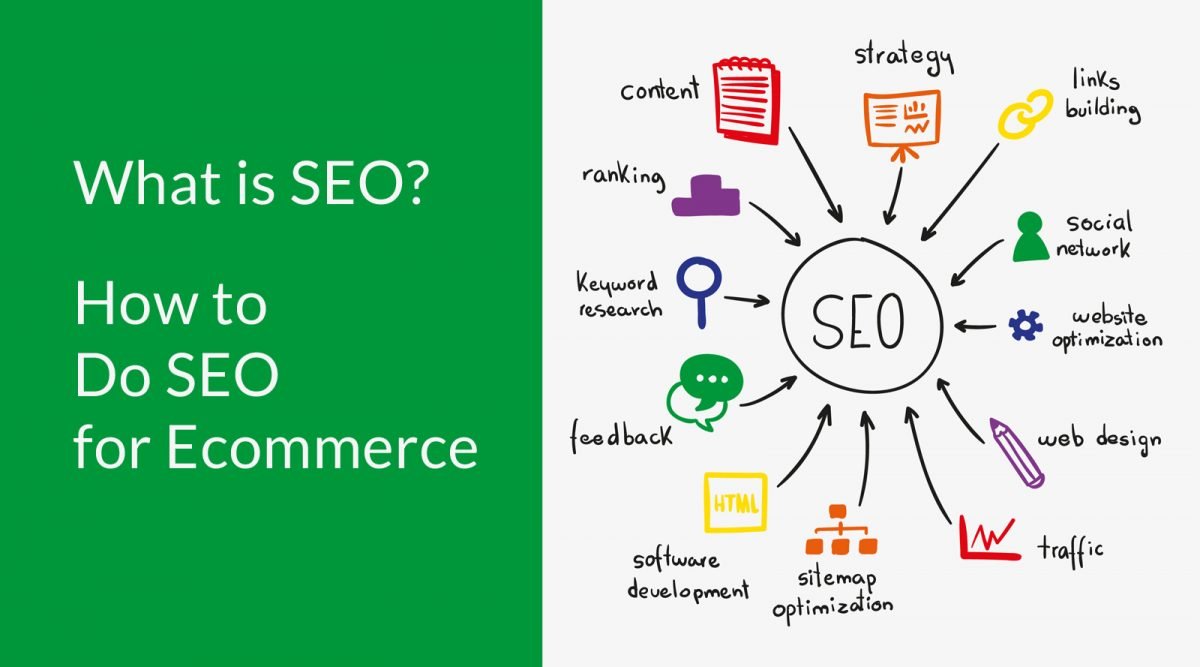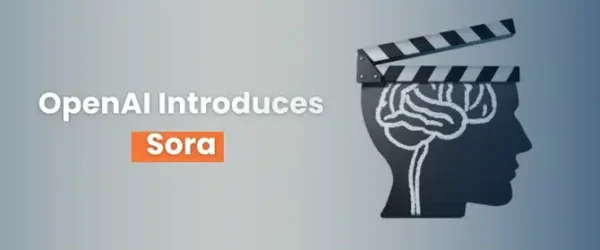Today I will provide a very simple explanation of SEO and some of the main factors that can positively impact an organization’s SEO results. In this section, we’ll examine the key optimization factors of an on-page SEO strategy. Once you understand how SEO works, there are some strategies you can use to improve your visibility (or ranking) in search results. Optimizing your website and content with these factors in mind can improve your page’s ranking in search results.
When done properly, on-page SEO will also increase the usability and credibility of a website or blog. By optimizing your pages and connecting to other sites, you can improve the search and experience of your users. You must create a website for the benefit of your users, and any optimization must be aimed at improving the user experience.
A website with good content can do well with or without SEO. Good technical SEO means that your content is easy for Google to find and easy for Google to digest and understand.
Make sure you research the potential benefits of hiring an SEO expert, as well as the damage that irresponsible SEO can do to your website. The decision to hire an SEO expert is an important one that may improve your website and save you time. Read on to learn what every digital marketer should know about SEO. This article aims to provide an overview of what SEO is, why it matters, how Google works, and guidance on what you can do.
That’s why we’ll focus on optimizing your website for Google in our step-by-step SEO guide. Contact a Codbel SEO expert today to discuss how we can optimize your website with a custom SEO plan. Every webmaster needs to understand what SEO is, how it works, and what kind of traffic potential it can generate for all types of websites. Search Engine Optimization (SEO) is the practice of creating and optimizing relevant and authoritative content to help visitors (and search engine crawlers) find answers to critical questions.
SEO stands for Search Engine Optimization, which is the practice of increasing the quantity and quality of website traffic through organic search engine results. SEO brings you the most valuable traffic (also known as organic traffic), which is “free” – when search engines show your content to their users in the organic section of the SERPs (Search Engine Results Pages), you don’t pay for rankings. SEO stands for Search Engine Optimization, which helps your pages rank higher on Google and other search engines for relevant and targeted queries, resulting in more user clicks as they tend to click on the first result. your website. SEO stands for Search Engine Optimization, which is a digital marketing strategy that allows your website to appear in the search results of search engines such as Google.

Search results are how people search for information, services, and products online, and can be a cost-effective digital marketing strategy for websites to increase their online presence and search traffic (without spending on paid search engine advertising). Simply put, it means the process of improving your site to increase its visibility for relevant search queries. The goal of most companies is to increase the visibility or traffic of their website and increase its ranking for targeted search terms or phrases on search engines such as Google and Bing.
Off-page (or off-page) optimization refers to any strategies or tactics that are applied somewhere other than your website but have a positive impact on your website’s search engine rankings. all that content and put on their sites all the content that their sites guess from that content and those sites so that search engines can understand what they see and what they see. users who enter via search will appreciate what they see.
As an internet marketing strategy, SEO looks at how search engines work, the computer programmed algorithms that determine the behavior of search engines, what people are looking for, the search terms or keywords that are actually entered into search engines, and which search engines their target audience prefers. SEO stands for Search Engine Optimization and is the process used to optimize a website’s technical setup, content relevance, and link popularity so that its pages can be easily searchable, more relevant, and popular for search users and therefore search engines rank them better. . Each search engine provider prioritizes different characteristics of websites and web content, but employs the best SEO tips, including following web writing best practices, strategic identification and use of key phrases, and customizing the technical implementation of websites according to established rules. you can improve your search engine optimization regardless of the search engine provider.
On on-page SEO, you need to deal with site structure, SEO keywords, title optimization, headings, internal linking, image SEO, structured data markup, and other methods that can send the right signals to search engines. Fundamentals and best practices. Fundamentals and best practices are essential for any organization designing and developing a new website, as you need to make sure your digital marketing agency or web development company understands website optimization and incorporates SEO implementation into your budget. Core elements are the ones I’ve been looking for to block and address proper website optimization, including elements of site architecture, URL structure, site speed and page load times, search engine’s ability to crawl the web, and more. Website, HTML, and metadata, including page title tags, headings (H1, H2, etc.). This SEO guide also contains SEO expert tips and advice for implementing search ranking factors to improve visibility and ranking in organic search results.

SEO is one of the important factors for a successful website, Read our previous topic about The Importance of Having a Website and eCommerce For Your Business





